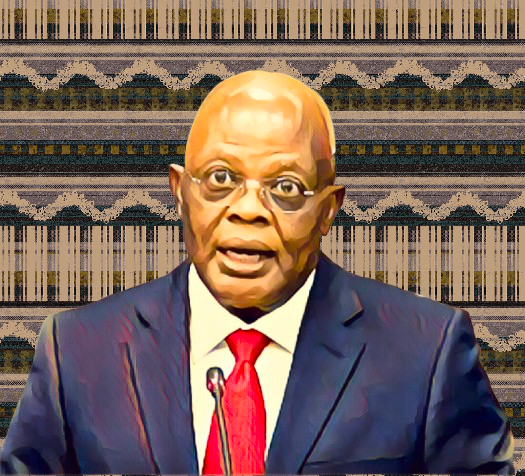KEY POINTS
-
Rivers State has not published its Q1 2025 budget performance report—the first such failure since Q4 2023—raising serious concerns about fiscal transparency under the current sole administrator.
-
The state is projected to receive over N411 billion in the first half of 2025 from FAAC and IGR sources, making the absence of accountability mechanisms especially concerning.
-
Political tensions and allegations of corruption continue to mount following the suspension of Governor Fubara, the imposition of emergency rule, and the controversial appointment of Vice Admiral Ibok-Ete Ibas as sole administrator.
For the first time in 15 months, the government of Rivers State has failed to release its quarterly budget performance report, a development that has triggered widespread concerns about transparency and accountability in the oil-rich state.
This lapse follows the controversial appointment of a sole administrator, Vice Admiral Ibok-Ete Ibas (retd.), by President Bola Ahmed Tinubu after the suspension of Governor Siminalayi Fubara in March 2025.
Budget performance reports, which are vital tools for fiscal accountability, are traditionally released within 30 days after the end of each quarter. These documents provide detailed insights into a state’s financial operations, including expenditure tracking, revenue inflow, and budgetary compliance.
According to SaharaReporters, from Q4 2023 through Q4 2024, Rivers State had consistently adhered to the publication timeline, reinforcing a semblance of transparency. However, the first quarter of 2025 has passed without any such publication—marking a major break in routine governance practices.
Rivers State faces oversight lapses
This budget blackout comes at a time when Rivers State is projected to handle a significant volume of financial resources. According to 2025 budget estimates reviewed by SaharaReporters, the state is expected to receive N279.5 billion from the Federation Accounts Allocation Committee (FAAC) in just the first half of the year. The total FAAC allocation for the year is projected to reach N559.1 billion, averaging N46.5 billion per month.
In addition to federal allocations, the Rivers State government is targeting N264.368 billion in internally generated revenue (IGR) for 2025—an ambitious figure, given that the state already surpassed a similar target by generating N164 billion in IGR between January and June 2024.
If both revenue streams materialize as projected, the sole administrator could oversee a combined budget of over N411.7 billion within six months—raising even more pressing questions about how such massive funds are being utilized in the absence of budget performance disclosures.
The appointment of Vice Admiral Ibas followed the declaration of a state of emergency in Rivers State by President Tinubu, a move that has been widely criticized as undemocratic. Former Governor of Rivers State, Rotimi Amaechi, in an interview with DW, condemned the emergency rule and linked the ongoing political conflict in the state to resource control and financial distribution.
“The fight between the current governor of Rivers State and the FCT minister is about sharing money. If not, what is the quarrel? Nigerians don’t dislike corruption anymore. I’ve not seen anybody on the street questioning what the problem is. Can both of them speak to the public and tell us what the problem is about?” Amaechi stated.
Amid these developments, civil society organizations and concerned citizens are calling on the federal government and anti-corruption agencies to audit the financial operations of the Rivers State administration. Critics argue that the absence of transparency mechanisms, such as budget performance reports, under a sole administrator model could lead to unchecked financial abuse and erosion of democratic norms.
The Tinubu administration has yet to respond to mounting concerns, while the Rivers State government remains silent on when the delayed report will be published. As the state manages billions in public funds with limited oversight, calls for transparency and constitutional governance are growing louder across Nigeria.



